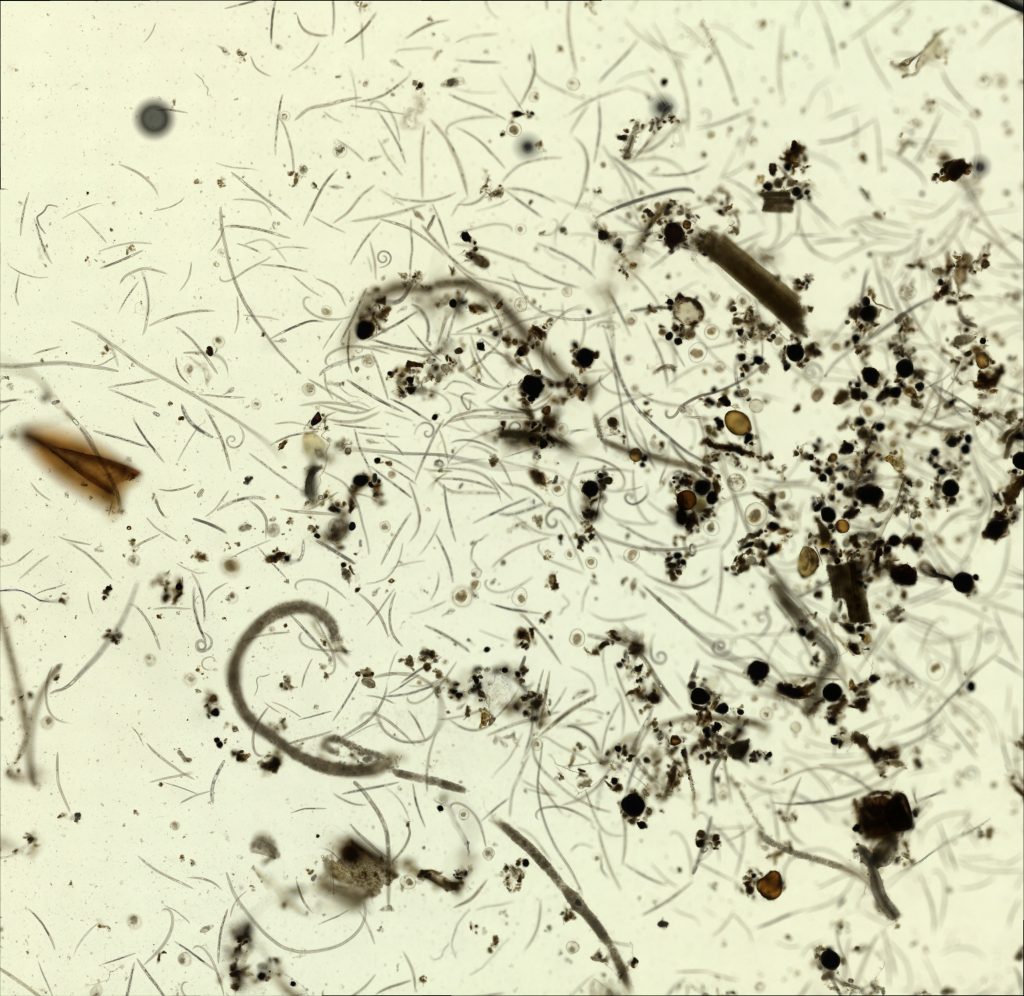By Clint Thompson

Another spring production season means another year of nematode management required for Florida’s specialty crop producers.

Johan Desaeger, assistant professor of entomology and nematology at the University of Florida Institute of Food and Agricultural Sciences Gulf Coast Research and Education Center, discusses why growers should always be wary of the microscopic worm-like pests.
“They’re a problem every season. It’s hard to predict how bad it’s going to be. Here in the South, the sandy soils and all the root-knots that we have, they’re always there. I suspect it to be another season where nematodes can cause a lot of damage if they’re not managed properly,” he said.
Nematodes have a wide host range and are most prevalent in Florida’s sandy soils. Root-knot nematodes enter the roots of plants, move through its cells until they reach sites where they grow, produce additional eggs and cause the roots to swell. This reduces the plant’s growth and any potential yield.
Desaeger believes the cooler temperatures, especially those felt during this past weekend, could impact populations during plantings. But the impact is likely minimal if the cold temperatures are not sustained for several days.
“If the soil temperatures are cooler when you plant, (the nematodes) are slower. Most of the root-knots that we have, they’re tropical species. They like it warm, so they are more active and reproduce faster if the soil is warmer,” Desaeger said. “If you have a colder spring, that actually could help with reducing the damage that they could cause.”
Most growers use a fumigant at preplant. It is the process of releasing fumigants to suffocate and kill certain pests within the soil, namely nematodes.
There are also nematicides available, including Vydate, Nemix and Velum. Cover crops are also an option in the offseason.
“Sunn hemp is very good to help reduce nematodes in your soil,” Desaeger said.










